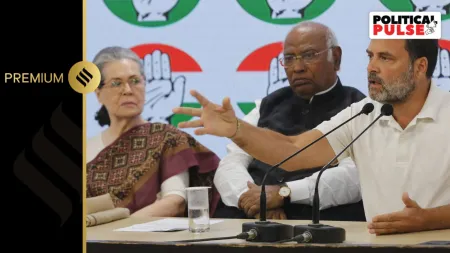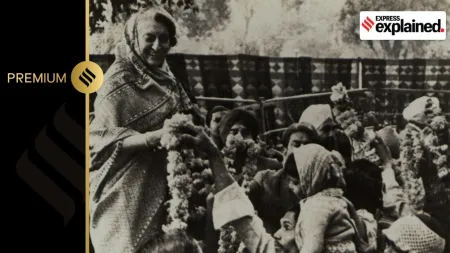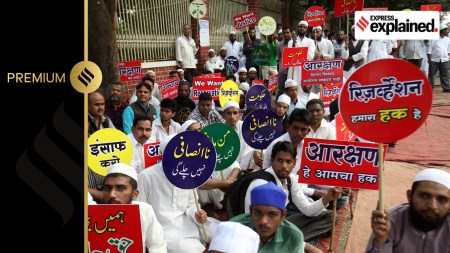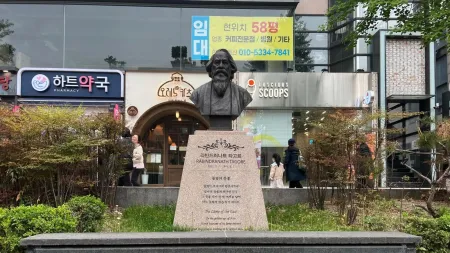- India
- International
Square Inch of Delhi: About the illusions of the well-read
A debut novel about the illusions of the well read and comfortably off
Book: Close to Home
Author: Parvati Sharma
Publisher: Penguin
Pages: 224
Price: Rs 399
Bylanes of Jangpura Extension, leafy Jorbagh, Khan Market. These are the coordinates of this novel’s world. Each coordinate is freighted with assumptions, coloured with associations. The denizens of this world take on this colour. They shop, dine, have sex and make mistakes mostly within the limits of this space and in 200-odd pages. It is a small world, but in Parvati Sharma’s Close to Home, it is dwelt on intensely, observed with care. In this very Delhi novel, it is her square inch of ivory. If Close to Home is not quite a novel of manners and morals, it is one about the illusions of the well read and comfortably off.
Sharma gives you Mrinalini Singh, rooming in Jangpura at the beginning of the novel, slurping on Maggi soup and dabbling in lesbian romance. Jahanara, her roommate, is in love with her and will passionately avoid her once she marries her propertied-but-unassuming boyfriend, Siddhartha. Having floated into marriage, Mrinalini abandons Jangpura for the posher Jor Bagh, where she settles down to a life of novel-writing pretensions. She also takes on a project, the education of her cook’s child, Anjali. What follows is a bitter encounter between upper-middle-class guilt and the realities it cannot handle.
Sharma holds Delhi’s liberals up to the light and finds them wanting. Mrinalini is the emancipated woman, fond of calling her husband sexist. But her liberal street cred takes a dive when she asks Jahanara if she is dating a “real lesbian”. Siddhartha, beneath the calm, urbane exterior, is the noble patriarch taking care of his wife and his employees, with a little help from his mother. The couple indulge in a blithe, unreconstructed idealism, expecting to find themselves by renouncing material comfort — Siddhartha quits his job and contemplates cookery, before his father finds him a worthy government post, Mrinalini endlessly writes her first novel, money is “paper”. Her social democratic project of improving her domestic help is shown up as whimsy. Even Jahanara, the gay, leftwing intellectual, sometimes turns into a caricature of herself, denouncing romantic love as “inherently heterosexual” to disguise her disappointment.
Close to Home seems to be a ruthless exercise in self-evaluation, questioning everything, even the exercise of self-evaluation. Brajeshwar, Mrinalini’s tenant and professional rival, writes the evil twin of Sharma’s own novel, a clumsily phrased takedown of liberal cliches, claiming to speak home truths but really being obnoxious. Sharma even takes the caution of writing a caustic review of Brajeshwar’s book. She needn’t worry. Her novel is not Brajeshwar’s novel. It is finer and more acute, written in flowing prose and with genuine humour. But a novel so painfully self-conscious, so anxious to get its irony right, ends up endangering its novelistic intensity.

Which is surprising in a story so full of stormy denouements — Mrinalini’s showdowns with Jahanara, with Siddhartha, with Brajeshwar and other scenes of domestic crisis. The brief novel seems to leap from one high-voltage moment to another. But each crisis melts without an emotional trace, leaving the reader, or at least a certain kind of self-flagellating liberal reader, with a collection of witty observations that are surprisingly close to home.
More Lifestyle
May 09: Latest News
- 01
- 02
- 03
- 04
- 05


































